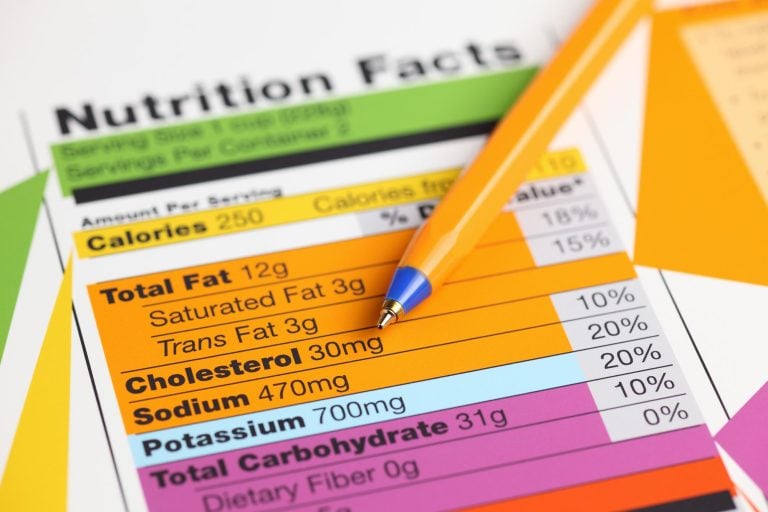Toho University Study Reveals the Double-Edged Sword of Fortified Foods and Dietary Supplements
Are “health foods” truly beneficial or do they pose hidden risks? A recent study by Toho University sheds light on the impact of fortified foods and dietary supplements on the Japanese diet. While these products enhance nutrient intake, they also carry the risk of excessive vitamin B6 consumption.
Key Findings:
- Fortified foods and supplements boost nutrient levels, meeting dietary standards for many.
- Users have higher intake of vitamins and minerals from base diets.
- 2% of users risk excessive vitamin B6 intake.
The Study:
Researchers analyzed data from 392 Japanese adults, categorizing them into users (122) and non-users (270) of fortified foods and supplements. The results, published in BMC Nutrition, highlight the dual nature of these products.
Implications:
- Effective in meeting dietary standards for many
- Risk of excessive vitamin B6 intake for some
- Informing health policies to enhance nutritional intake
Reference:
“Contribution of fortified foods and dietary supplements to total nutrient intakes and their adequacy in Japanese adults” by Minami Sugimoto et al., BMC Nutrition. DOI: 10.1186/s40795-024-00935-w
Related Articles:
- The Dark Side of Health Supplements
- Nutrient-Rich Foods: Separating Fact from Fiction
- The Hidden Dangers of Excessive Vitamin Intake
Share Your Thoughts:
Do you consume fortified foods or dietary supplements? Are you aware of the potential risks associated with excessive nutrient intake?

















